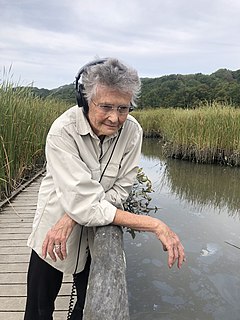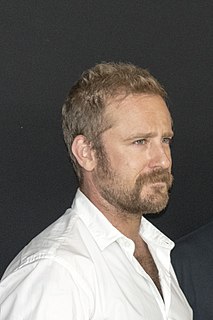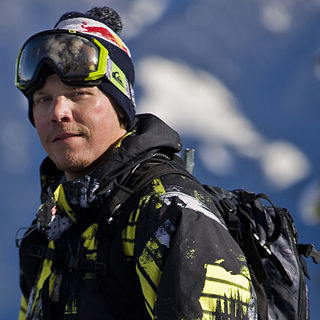A Quote by Rainer Maria Rilke
Poetic power is great, strong as a primitive instinct; it has its own unyielding rhythms in itself and breaks out as out of mountains.
Related Quotes
Only through blind Instinct, in which the only possible guidance of the Imperative is awanting, does the Power in Intuition remain undetermined; where it is schematised as absolute it becomes infinite; and where it is presented in a determinate form, as a principle, it becomes at least manifold. By the above-mentioned act of Intelligising, the Power liberates itself from Instinct, to direct itself towards Unity.
Don't you dare underestimate the power of your own instinct. Instinct is a lifesaver for sharks and entrepreneurs alike. Most people can recall times they ignored their gut only to regret it later. Learning to actually listen to your instinct is a great form of self-preservation. It's both incredibly easy and tough at the same time, but worth the effort to master.
The naive which is simultaneously beautiful, poetic, and idealistic, must be both intention and instinct. The essence of intention, in this sense, is freedom. Consciousness is far from intention. There is a certain enamoured contemplation of one's own naturalness or silliness which itself is unspeakably silly. Intention does not necessarily require a profound calculation or plan.
For although nepenthe has calmed me, I know always that I am an outsider; a stranger in this century and among those who are still men. This I have known ever since I stretched out my fingers to the abomination within that great gilded frame; stretched out my fingers and touched a cold and unyielding surface of polished glass.
To lovers of the wild, these mountains are not a hundred miles away. Their spiritual power and the goodness of the sky make them near, as a circle of friends. ... You cannot feel yourself out of doors; plain, sky, and mountains ray beauty which you feel. You bathe in these spirit-beams, turning round and round, as if warming at a camp-fire. Presently you lose consciousness of your own separate existence: you blend with the landscape, and become part and parcel of nature.
Being out on the ocean seems like a different world to being in the mountains and the backcountry, but there is also a lot of symmetry. They each have their own biorhythms from a motherly embrace to tempestuous wrath. What I love about being out in nature is that you are at the mercy of your own decision making.






































